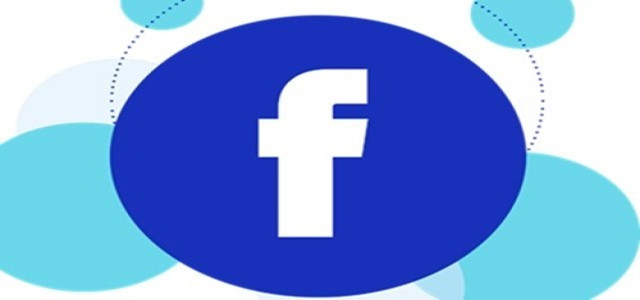Facebook DFDC model achieves 65.18% precision to detect forged videos

Facebook, the social media company, has reportedly announced the results from its DFDC (Deepfake Detection Challenge), where the highest-performing model has achieved a 65.18% average precision.
The Deepfake Detection Challenge was created as a move against the rising number of forged and deepfake videos on the social networking platform. Despite the lukewarm results from the challenge, the service has established a shared baseline for the AI (artificial intelligence) community. It drew around 2,000 participants who have trained & tested around 35,000 models by adopting a unique set of data developed for the challenge.
The top model out of those that were tested against a black box set of data with real-world examples achieved an average precision of 65.18%. Facebook collaborated with various academic experts and industry leaders in 2019 to develop this Deepfake Detection Challenge.
The social media conglomerate has reportedly stated that the DFDC has leveraged a unique data set of over 100,00 videos. This has enabled the global experts to collaborate, benchmark the deepfake detection models, attempt new approaches, as well as gain knowledge from different work patterns.
In January 2020, the company announced various policies against the rising media manipulation on its platform. It stated that it will ensure clarity and quality by removing the misleading content that has been edited and synthesized beyond adjustments. Videos on its platform that do not meet the standards for removal are also eligible for review by an independent, 3rd-party fact-checkers of Facebook, which include around 50 partners across the globe in nearly 50 languages.
Additionally, the company stated that it would share details on the plans to open-source the raw set of data used to develop the DFDC, featuring more than 3,500 actors and data for 38.5 days. Facebook has also elaborated that the data will assist artificial intelligence researchers to form novel methods for generation and detection to upgrade the DFDC into a state-of-the-art platform. Furthermore, the set of data can be adopted on other research activities in AI domains and deepfakes.
Source credit:
Post Recommendents
India-based Kaizen AI set to influence the $1.36 trillion GCC realty sector
Kaizen AI, a prominent technology firm that uses AI to revolutionize large-scale building projects, is entering the lucrative GCC real estate sector, where the value of planned and under-construction projects is projec...
Microsoft expands partnership with Oracle to Deliver Oracle Database Services
Microsoft Corp. and Oracle Corp. have reportedly announced the availability of Oracle Database@Azure, which provides direct access to the Oracle database services operating on Oracle Cloud Infrastructure ...
Reliance Industries and NVIDIA join hands to advance AI in India
Indian billionaire Mukesh Ambani-owned Reliance Industries Ltd. has reportedly announced a partnership with U.S.-based chipmaker NVIDIA for advancing AI in India.
Apparently, Indi...


